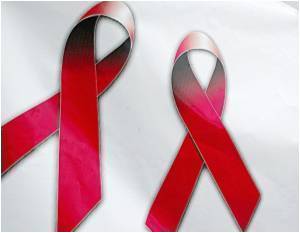
"Only by protecting the human rights of marginalized and vulnerable populations can we succeed in ending HIV transmission and ensuring universal access to care," he said in a statement.
It was "not enough to talk about education, HIV testing, or treatment without addressing the human rights abuses that act as barriers to these services," he added.
"Governments and donors shouldn?t simply preach prevention and care while ignoring the need to reduce stigma and violence, and we need to challenge them when they do."
"Laws in more than 160 countries that criminalize sex workers, drug users, men who have sex with men, and HIV exposure or transmission impede effective HIV outreach and discourage people from seeking treatment," Human Rights Watch said.
"Much like laws protecting 'morality' or 'decency', these laws also create a risk of selective or arbitrary prosecution, the group warned.
Advertisement
AIDS experts gather in Vienna on Sunday for the 18th International AIDS Conference since acquired immune deficiency syndrome came to light in 1981.
Advertisement
However more than 33 million people live with the virus and each year 2.7 million more cases of HIV occur. Stigma, ignorance and discrimination are entrenched in many places and millions of needy people have yet to clutch the drug lifeline.
Source-AFP













